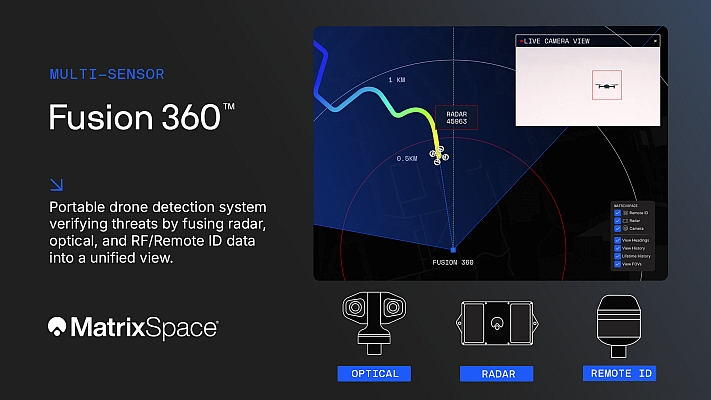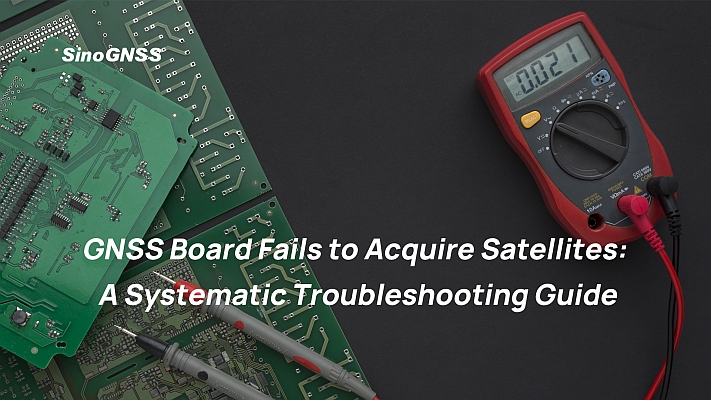By Melana Zyla Vickers
As Chinese leaders prepare to make nice in Beijing next week with visiting U.S. Treasury Secretary Hank Paulson and Fed Chairman Ben Bernanke, they are spending a lot less time being nice in the skies above: In space, China has reportedly test fired laser beams at U.S. satellites to blind them.
China is also competing aggressively in the commercial-space realm. Last month, China revealed that its planned "Beidou" network of satellites will compete against the U.S. Global Positioning System and Europe’s planned Galileo system, as well as the star-crossed Russian GLONASS system. Beidou is to provide, from 2008 onward, a navigation service with 10- meter accuracy that subscribers can purchase, in addition to its encrypted military service, according to the Xinhua state news agency.
 The Beidou network isn’t immediately threatening to the U.S., whose GPS system has been around for awhile. But Europe’s Galileo, still under development, was supposed to recoup its costs by selling the navigation service commercially within China — an option that presumably disappears if China sells the services itself.
The Beidou network isn’t immediately threatening to the U.S., whose GPS system has been around for awhile. But Europe’s Galileo, still under development, was supposed to recoup its costs by selling the navigation service commercially within China — an option that presumably disappears if China sells the services itself.
More threatening still is the possibility that the Beidou system, ultimately operated by the People’s Liberation Army, would sell its services to rogue states such as Iran. Navigation within 10 meters of accuracy isn’t useful for all weapons, but it’s useful for some. And it’s not clear how accurate the classified version of the Beidou system will be. The Beidou system, coupled with China’s manned space flight in 2003 and plans for a space station and moon walk in the next decade, makes clear that China is a competitor in space.
Any talk of space as an unchallenged, peaceful dimension where the U.S. and its friends will face no threats is utterly out of date, as is the longstanding opposition of many in the armscontrol community to advancing U.S. military technology, particularly anti-satellite weapons, in space.
To be sure, China’s most visible recent progress in space has been of the commercial and civilian variety. But China has taken less visible, militaristic steps as well. It has fired highpowered lasers at U.S. spy satellites flying over Chinese territory, a move that confirms China’s ability to blind the satellites, according to a Sept. 25 article in Defense News. The most recent Defense Department report to Congress on the Chinese military states China
has this ability to blind the satellites, but does not confirm, as the article does, that China has used the powerful ground-based lasers to fire a beam of light up at the optical reconnaissance satellites.
Other Chinese advances include parasitic satellites that can disable U.S. satellites in space, according to the report to Congress, and anti-satellite rockets that could be launched from fighter aircraft, according to a recent piece in the Christian Science Monitor. Furthermore, a Chinese naval captain, Shen Zhongchang has written on behalf of his military, that "the mastery of outer space will be a requisite for military victory, with outer space becoming the new commanding heights for combat."
Despite all the evidence of China’s increasingly confident, even aggressive, posture, there are still those that would downplay these developments: For them China is to be cajoled and engaged as a potential diplomatic partner on North Korea and other regional questions, not discussed as a rising competitor on land, sea, in the air and in space. Defense News even reported that the satellite-blinding incident was kept out of a report to Congress on China, in the interest of friendly relations.
Yet there ought to be consensus on the future threat — and growing present threat — the U.S. faces in space. After all, it was Bill Clinton’s 1996 space policy that stated "DoD shall maintain the capability to execute the mission areas of space support, force enhancement, space control and force application. Consistent with treaty obligations, the United States will develop, operate and maintain space control capabilities to ensure freedom of action in space, and if directed, deny such freedom of action to adversaries. These capabilities may
also be enhanced by diplomatic, legal and military measures to preclude an adversary’s hostile use of space systems and services."
The U.S. has asserted for itself the responsibility to ensure freedom of action in space. That responsibility isn’t being taken seriously if the threats in space are downplayed.
Source: TCS Daily






